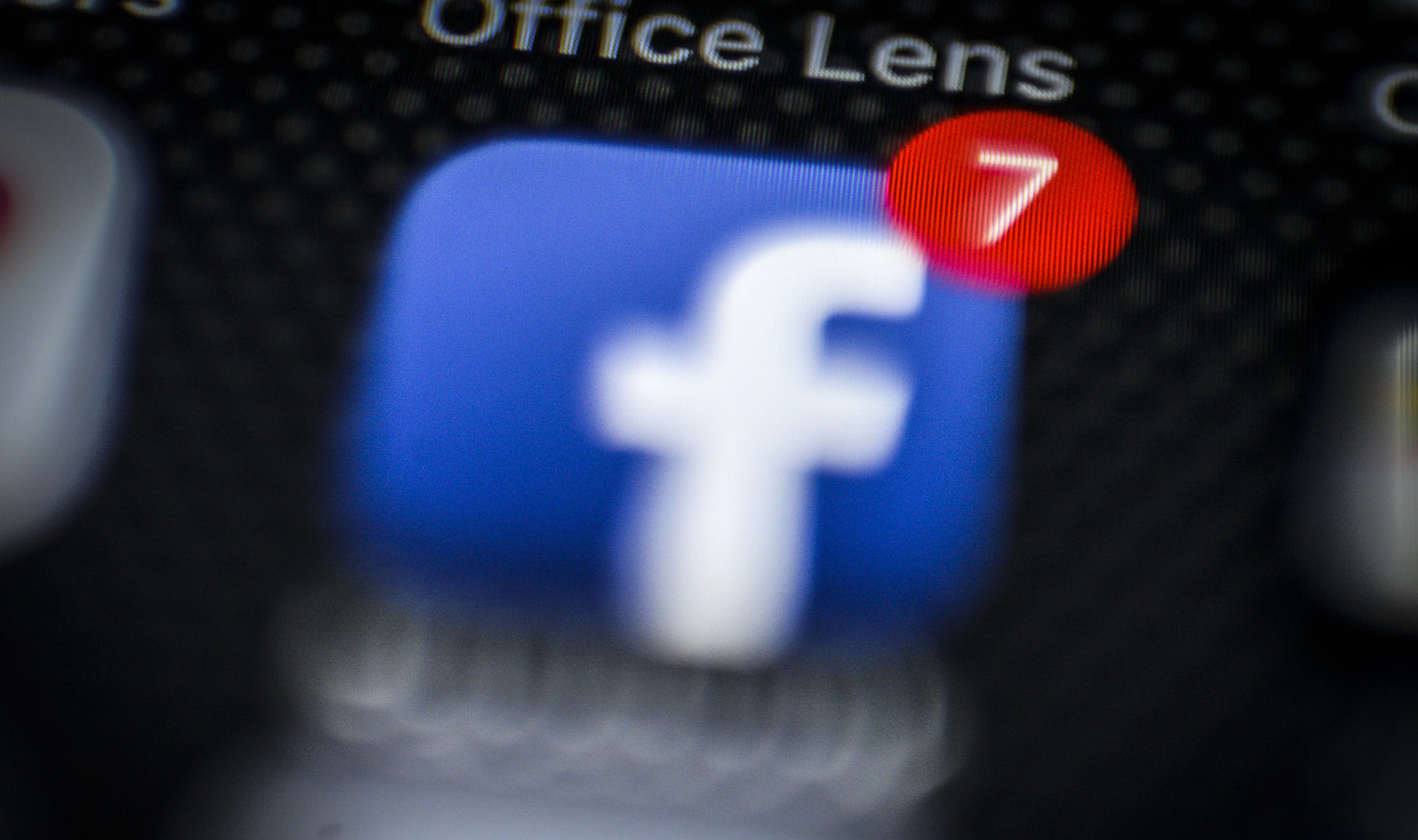On social media, Facebook in particular, college students updating their news feeds with posts depicting depressive feelings or indications may be less likely to attract the encouragement necessary from peers, researchers at Ohio State University suggest.
According to the findings, released in JMIR Research Protocols, the purpose of the research was “to examine college students’ perceptions about displaying feelings of depression on Facebook and, in turn, how their social media friends responded.”
As part of the study, 34 students from four universities received an online survey for researchers to analyze responses of depressed posts from their fellow peers. Most participants, nearly 85 percent, were female with an average age of 20.
The findings showed respondents who shared posts pertaining to depression expressed emotions or feelings associated with it, without utilizing the actual term.
From the findings: “Approximately 20% posted language about a bad day, and 15% posted a song or music video. Only one person reported posting a statement that directly asked for help.”
“When friends responded to the posts, students generally perceived the responses as supportive or motivating gestures. Nearly 15% of friends contacted the individual outside of Facebook. One individual received a negative response and no responses suggested that the individual seek help.”
Although the results suggest students who indirectly reference depression in posts generally receive supportive responses from peers, none of the participants received guidance or support on seek help on for their health-related mishap on social media.
“It may be because of the stigma around mental illness. Or maybe they didn’t know that their symptoms indicated that they were depressed,” researchers noted.
“Both Facebook and colleges and universities could do more to give these students information about resources, mental health support and how to recognize the signs of depression and anxiety.”


